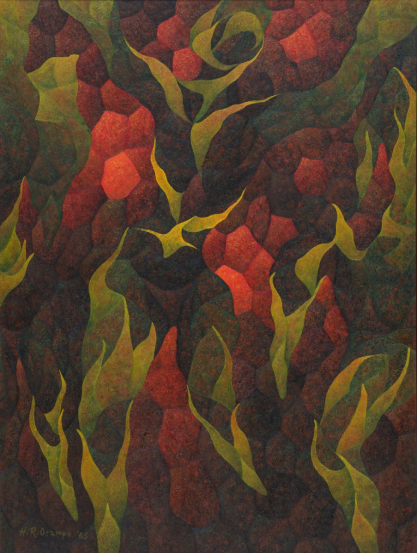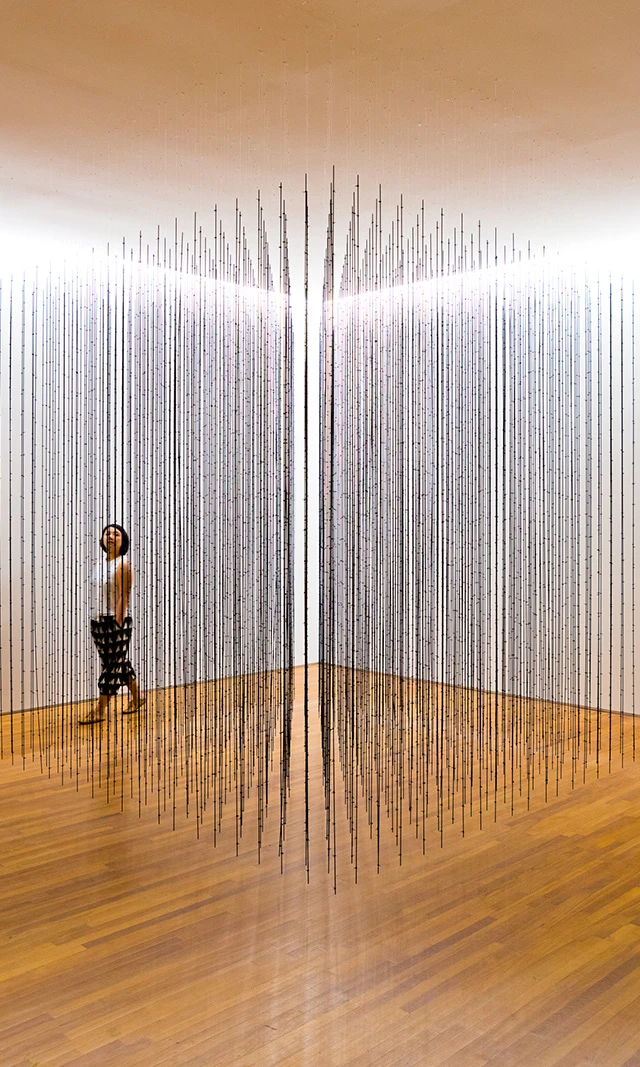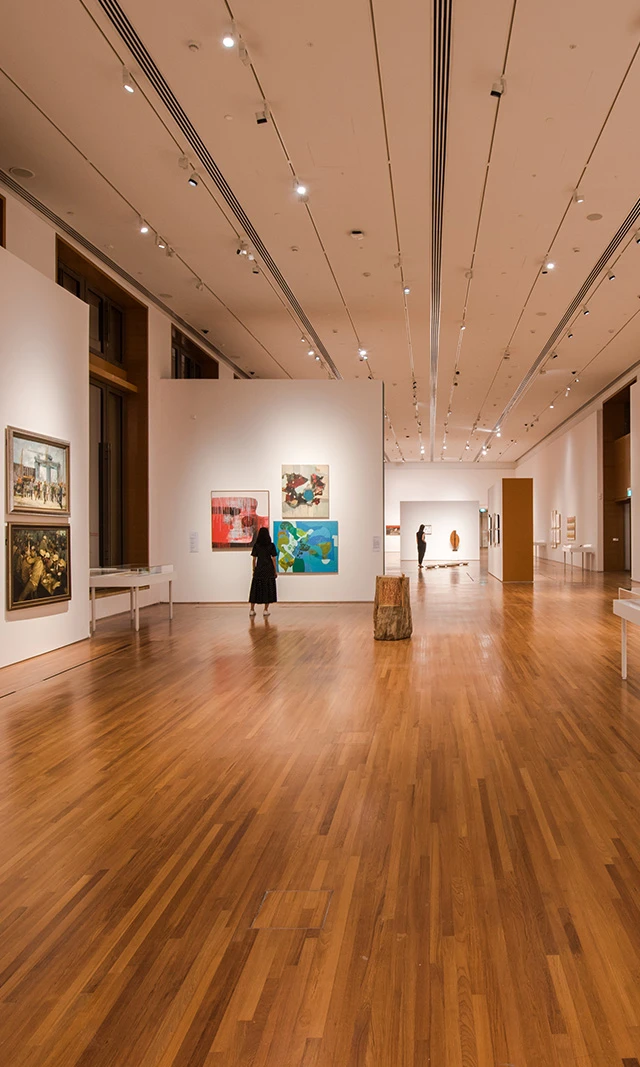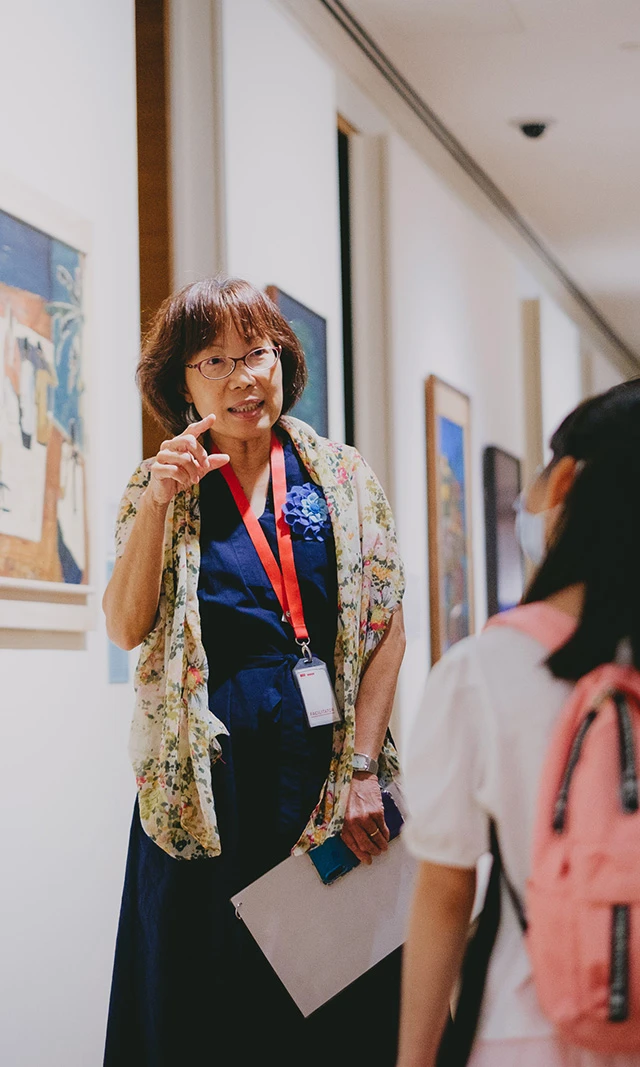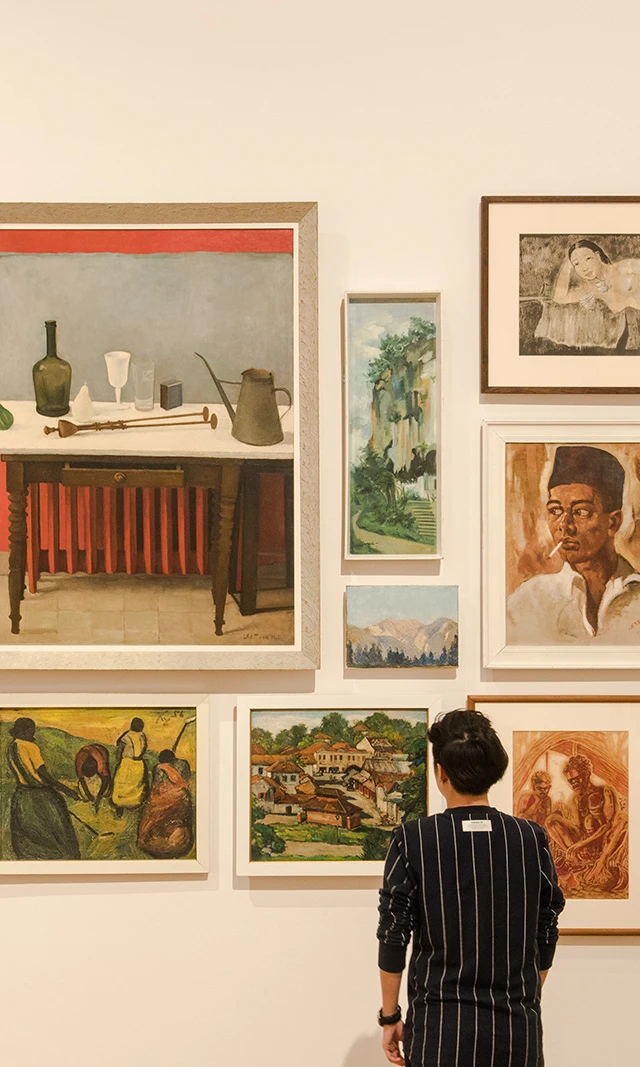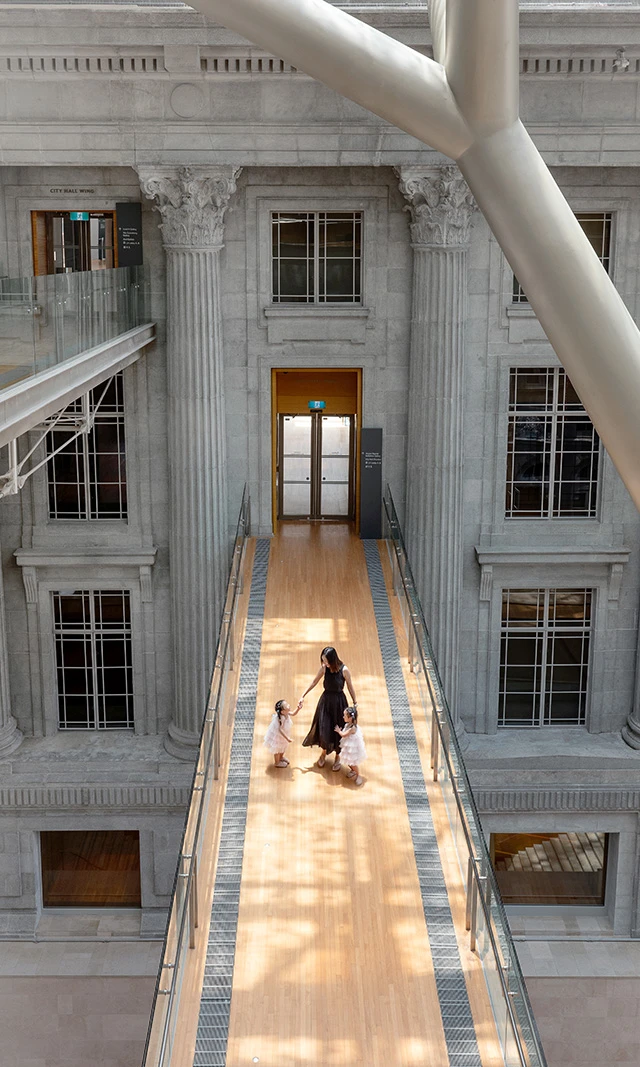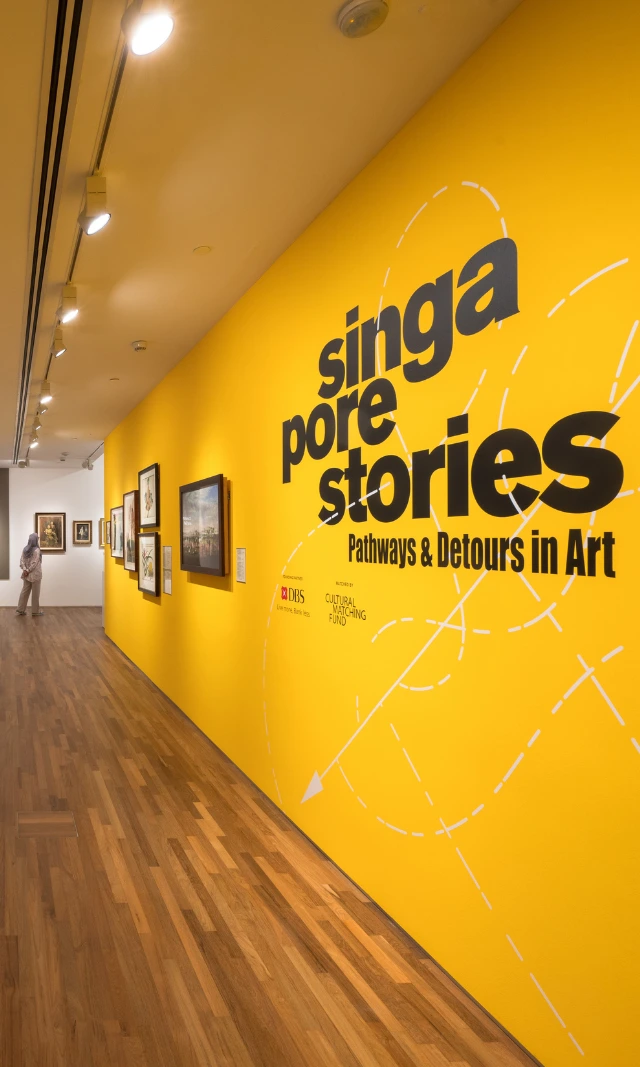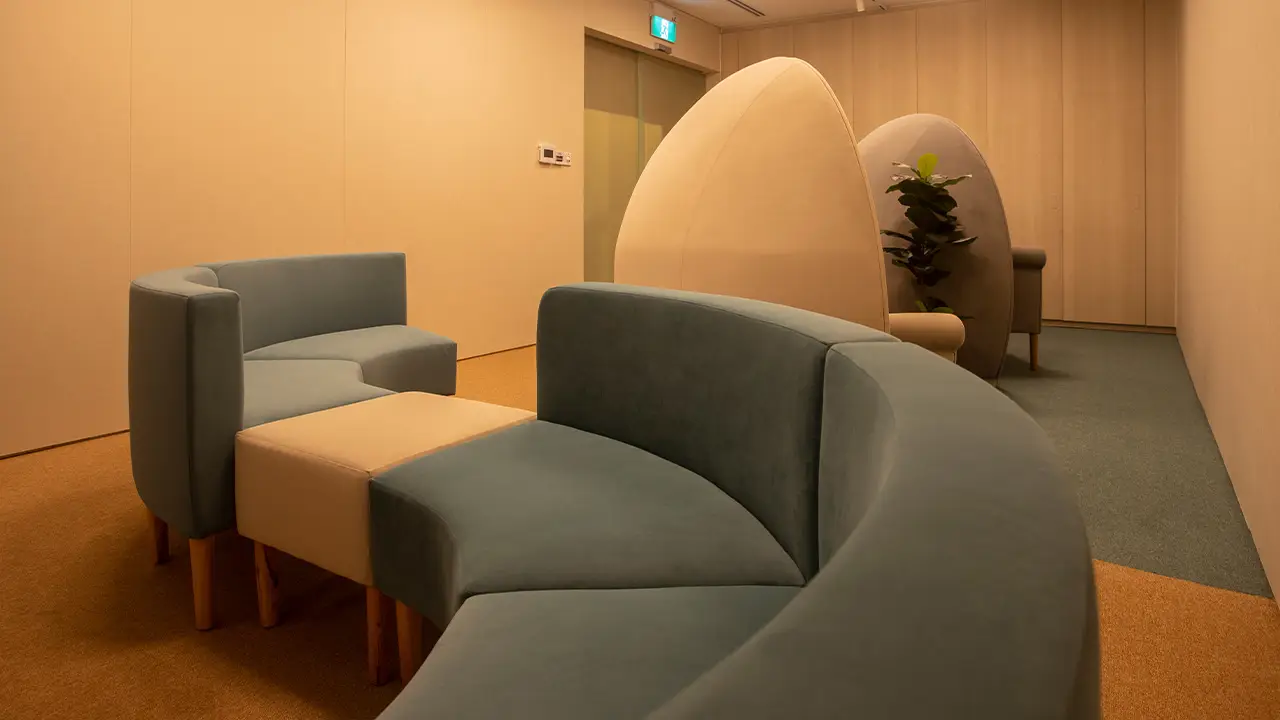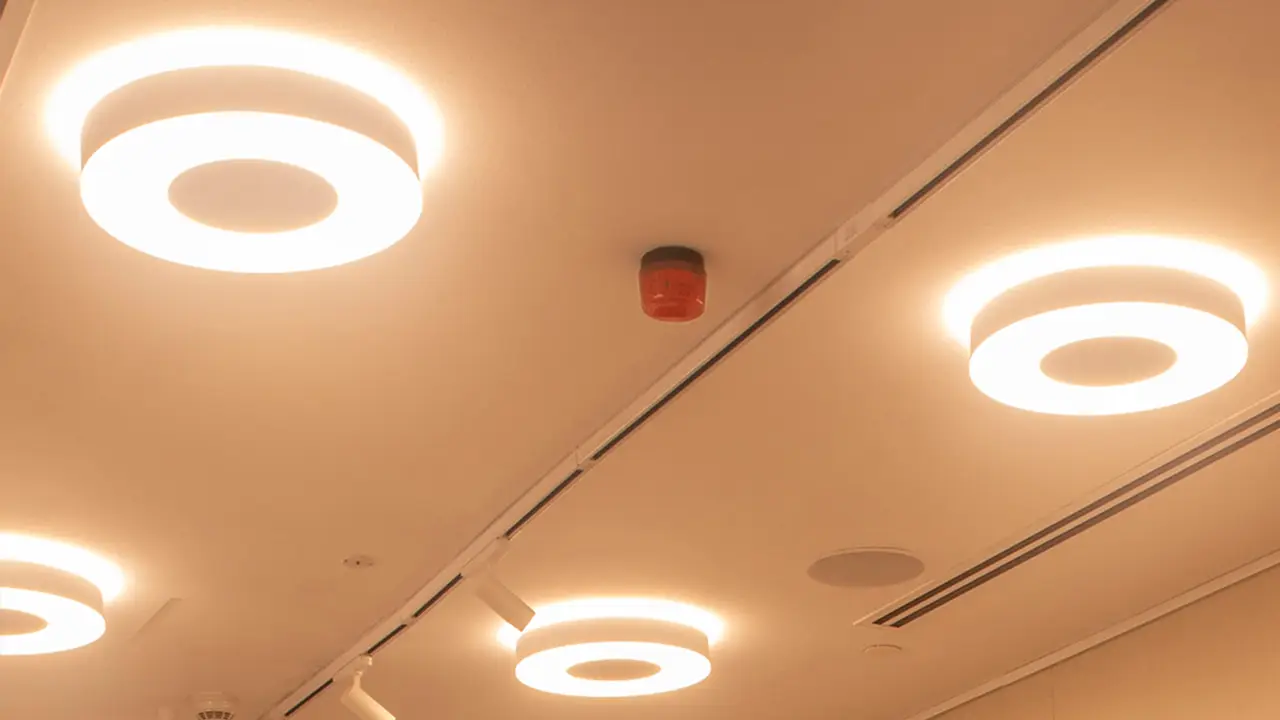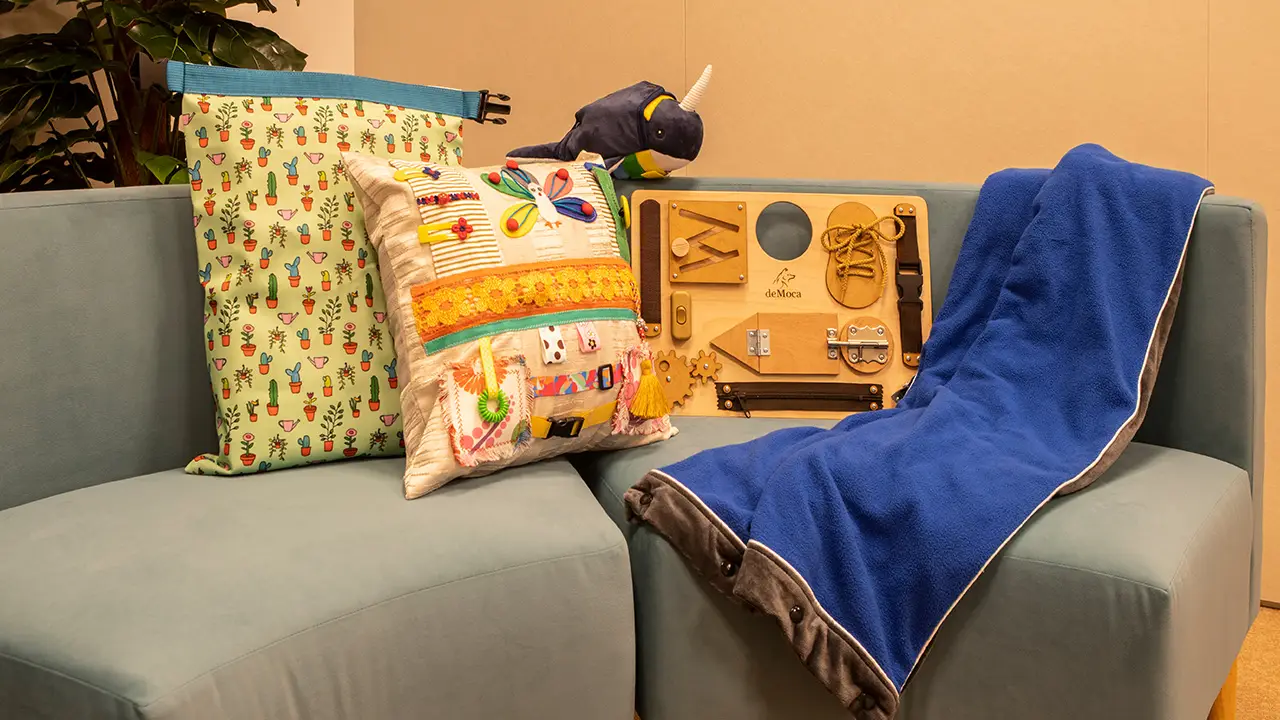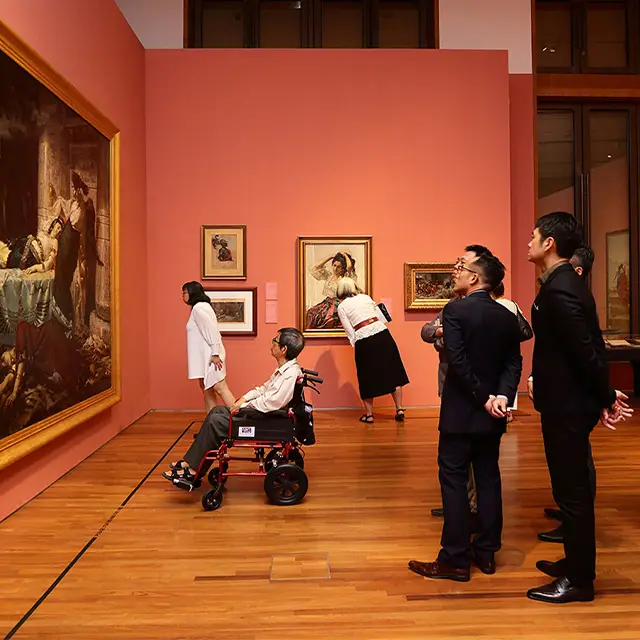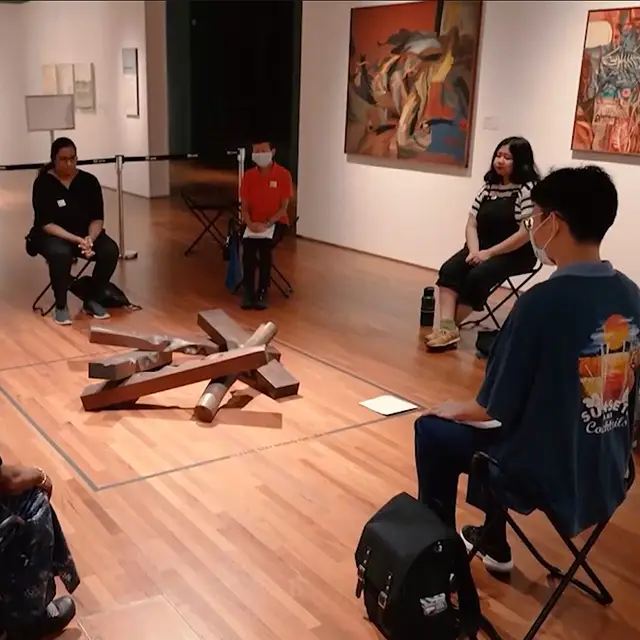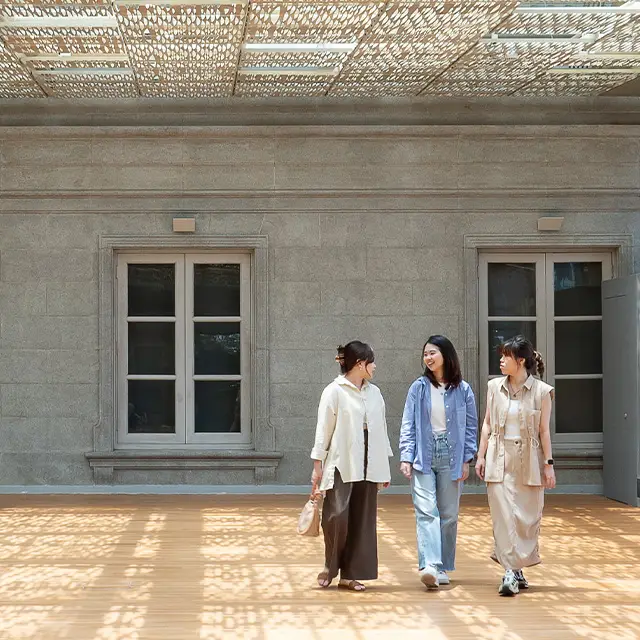Calm Room
The Calm Room is a dedicated space where visitors can rest if they are feeling over-stimulated or overwhelmed by their environment. In this soothing and sensory-friendly space, visitors can take the time to calm down, regulate their stress responses, and renew their focus.

Key features
Using the Calm Room
The Calm Room is open to all. However, visitors may be asked to leave if someone urgently needs to use the room in private. Our friendly staff are available for assistance if needed.
Before entering the space
- Remove your shoes and place them on the shoe rack
- Set your mobile phones to silent mode
- Deposit any large and bulky items at the lockers located at B1, near Lift Lobby B, City Hall Wing
When inside the space
Note that the Calm Room is not meant for:
- Eating and drinking
- Social gatherings, conversations and meetings
- Napping
- Working and studying
- Playing
- Leaving children unattended
- Engaging with your phone and taking calls
- Photography and videography
- Using disrespectful language
- Emergency services or professional counselling and assistance
- Sit in any of the private pods or seats
- Move the seats in the communal area around to better suit your needs.
- Enjoy the soundscape. Our staff can help to adjust the volume of the room’s soundscape and degree of lighting, if required.
- Try the breathing exercise or the guided mindfulness practice featured on the wall poster.
- Learn about the Slow Art Guide series, a slow looking and mindfulness audio experience of one artwork in the Gallery.
- Browse our Accessibility Guides and resources.
- Use the sensory kits and items that are available for loan. Approach our Front-Of-House staff if you wish to borrow or return any items.
- Use earphones or headphones when listening to the audio guides or your own music.
- Treat all furniture and items within the room with care, so that other users can enjoy them too.
- Clean up after yourself before leaving, including returning all borrowed items.
- Please treat our staff and other users with respect. Approach gently and speak softly.
- Understand that calming down can look different for different people, give others space and be mindful for everyone’s right to calm down without interruption or judgement.
Designing the Calm Room
Collaboration with an Access Consultant
The Gallery collaborated with autistic artist-researcher Dr. Dawn-Joy Leong to authentically represent neurodivergent communities in the Calm Room.
This collaboration is based on Dr. Leong’s principles and praxis of “Clement Space”. As an access consultant, Dr. Leong also trained staff on inclusive practices and conducted community focus group sessions.
Why have a Calm Room?
Calm and sensory-friendly spaces benefit everyone. Many people have experienced being overwhelmed by an intense physical environment, or by anxiety and other emotions. The Calm Room offers a space for gentle respite and recalibration for all.
The Calm Room, designed with the neurodivergent community in mind, is a safe space for autistic persons and persons with sensory processing issues to rest if they experience sensory overload. This may occur when a neurodivergent brain receives more information through the senses than it can process, leading to discomfort that may require self-soothing behaviours to regulate.
The Calm Room also benefits persons with attention deficit hyperactivity disorder (ADHD) or with dementia. A person with ADHD can regain focus. Persons living with dementia, who may be prone to sundowning or other forms of confusion, also benefit from a safe space to calm down during episodes.
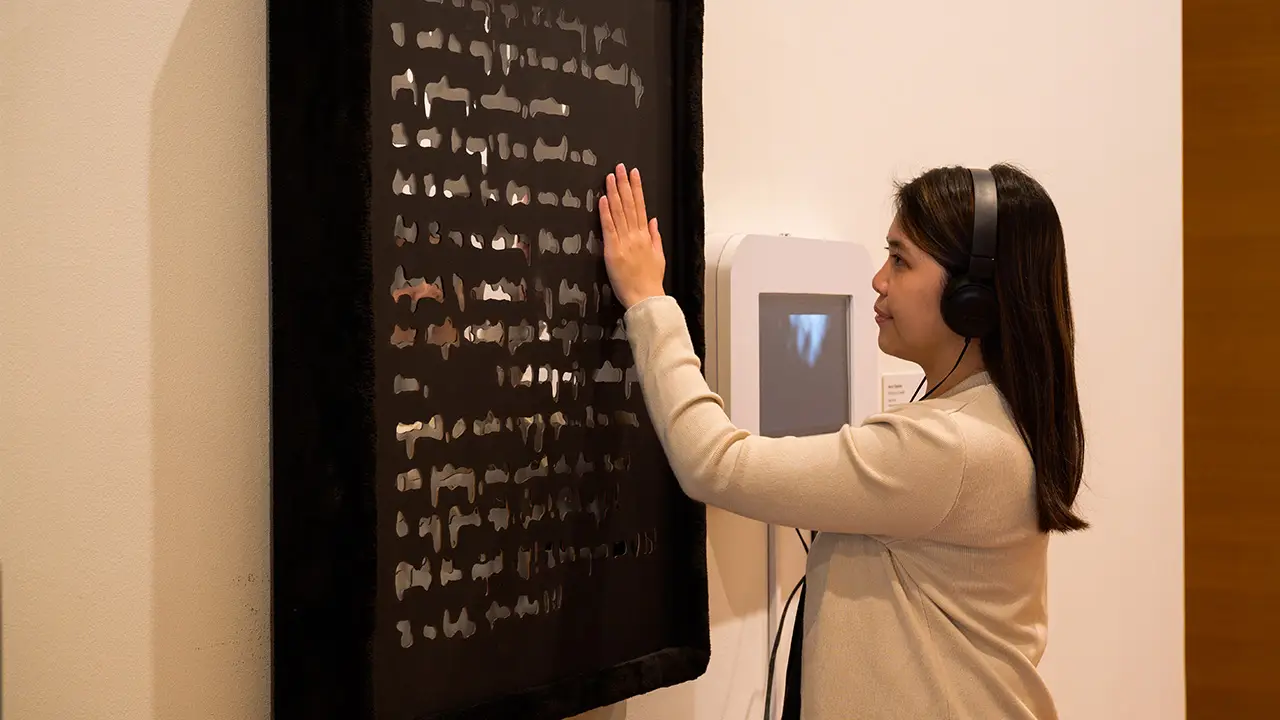
Calm Room Creative Residency (2022–2024)
The Calm Room Creative Residency invites a Singapore-based artist to meaningfully activate the space and connect with relevant underserved and neurodivergent communities.
About the artist residency
Jevon Chandra (b. 1991) is a transdisciplinary artist and designer. Through time- and context-bound installations and interventions, his works explore the push and pull between sentiments of doubt and belief as present in acts of love, hope, and faith. As part of his residency, the artist was commissioned to create an installation within the Calm Room.
Titled Picturing A Candle, the work took aphantasia, a condition colloquially described as a blindness of the mind’s eye, as a point of departure. The installation was part of the artist’s overarching research for his creative residency – Ways of Not Seeing: Aphantasia and its Affiliations.
The Calm Room Creative Residency installation was on display from 10 May 2023 to 30 Apr 2024.
